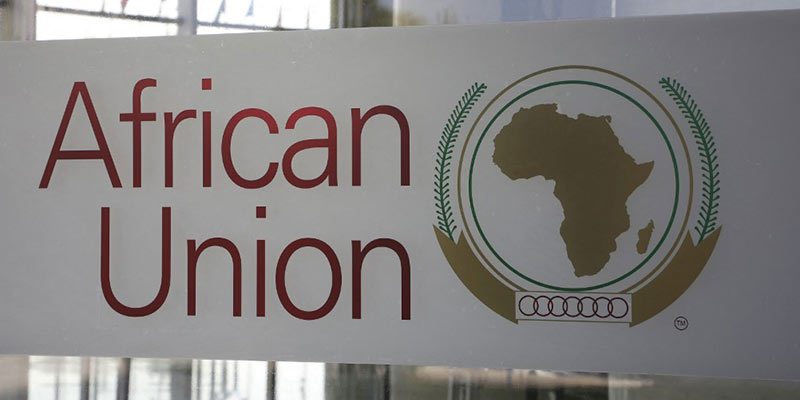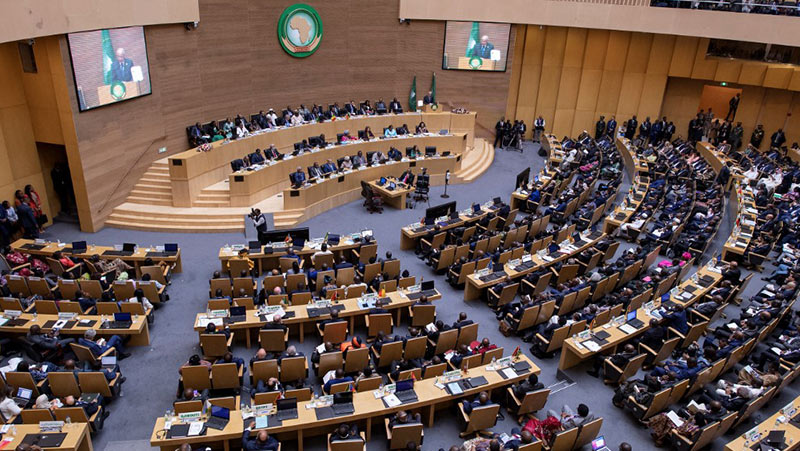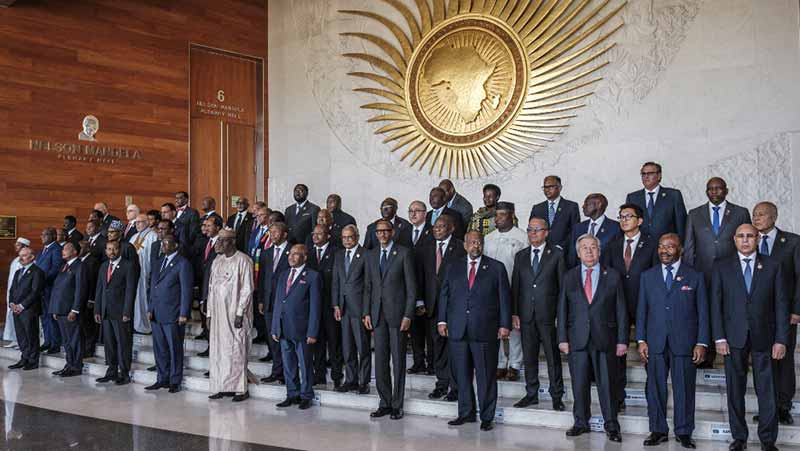- World
- Jun 19
PM Modi proposes G20 membership for African Union
• Prime Minister Narendra Modi has written to the leaders of the G20 nations proposing that the African Union be given full membership of the grouping at its upcoming summit in India.
• India is hosting the G20 summit in New Delhi in September in its capacity as the current chair of the grouping.
• The African Union is considered the top-most grouping representing the voice of Africa.
• As part of India's G20 presidency, Modi has been particularly focusing on incorporating priorities of African countries in the G20 agenda.
• In January, India hosted the Voice of the Global South Summit with an aim to highlight the problems and challenges facing developing countries.
African Union
• The African Union is a continental body consisting of 55 member states that make up the countries of the African Continent.
• It was officially launched in 2002 as a successor to the Organisation of African Unity (OAU).
• On May 25, 1963 in Addis Ababa, Ethiopia, the 32 African states that had achieved independence at that time agreed to establish the Organisation of African Unity (OAU).
• A further 21 members joined gradually, reaching a total of 53 by the time of the African Union’s launch in 2002. In 2011, South Sudan became the 54th Member State, and in 2017, Morocco became the 55th Member State.
• The OAU was the manifestation of the pan-African vision for an Africa that was united, free and in control of its own destiny and this was solemnised in the OAU Charter.
• Through the 1990s, leaders debated the need to amend the OAU’s structures to reflect the challenges of a changing world.
• In 1999, the OAU heads of State and government issued the Sirte Declaration calling for the establishment of a new African Union.
• The vision for the Union was to build on the OAU’s work by establishing a body that could accelerate the process of integration in Africa, support the empowerment of African states in the global economy and address the multifaceted social, economic and political problems facing the continent. In total, four summits were held in the lead up to the official launching of the African Union.
• The African Union was officially launched in July 2002 during Durban Summit.
• A significant number of OAU structures were carried forward into the African Union. Similarly, many of the OAU’s core commitments, decisions and strategy frameworks continue to frame AU policies.
• The decision to re-launch Africa’s pan-African organisation was the outcome of a consensus by African leaders that in order to realise Africa’s potential, there was a need to refocus attention from the fight for decolonisation and ridding the continent of apartheid, which had been the focus of the OAU, towards increased cooperation and integration of African states to drive Africa’s growth and economic development.
• The African Union’s headquarters is situated in Addis Ababa, Ethiopia.
The work of the AU is implemented through several principal decision making organs:
i) Assembly of Heads of State and Government: The Assembly is the AU’s supreme policy and decision-making organ. It comprises all heads of Member States.
ii) Executive Council: It coordinates and takes decisions on policies in areas of common interest to Member States. It is responsible to the Assembly. It considers issues referred to it and monitors the implementation of policies formulated by the Assembly. The Executive Council is composed of foreign ministers or such other ministers or authorities as are designated by the governments of Member States.
iii) Permanent Representatives Committee (PRC): The Committee is charged with the responsibility of preparing the work of the Executive Council and acting on the Executive Council’s instructions. It comprises Permanent Representatives to the Union and other plenipotentiaries of Member States.
iv) Specialised Technical Committees (STCs): These thematic committees are provided for under the AU Constitutive Act and are responsible to the Executive Council. They comprise Member State ministers or senior officials.
v) Peace and Security Council (PSC): It is the AU’s organ for the prevention, management and resolution of conflicts. It comprises 15 elected Member States.
vi) African Union Commission (AUC): The Commission is the AU’s Secretariat. It is based in Addis Ababa, Ethiopia, and is composed of an elected chairperson, deputy chairperson, six commissioners, and staff.
• The AU structure promotes participation of African citizens and civil society through the Pan-African Parliament and the Economic, Social & Cultural Council (ECOSOCC).
• The African Union spearheads Africa’s development and integration in close collaboration with African Union Member States, the Regional Economic Communities and African citizens.
• The AU Vision is to accelerate progress towards an integrated, prosperous and inclusive Africa, at peace with itself, playing a dynamic role in the continental and global arena, effectively driven by an accountable, efficient and responsive Commission.
Manorama Yearbook app is now available on Google Play Store and iOS App Store



